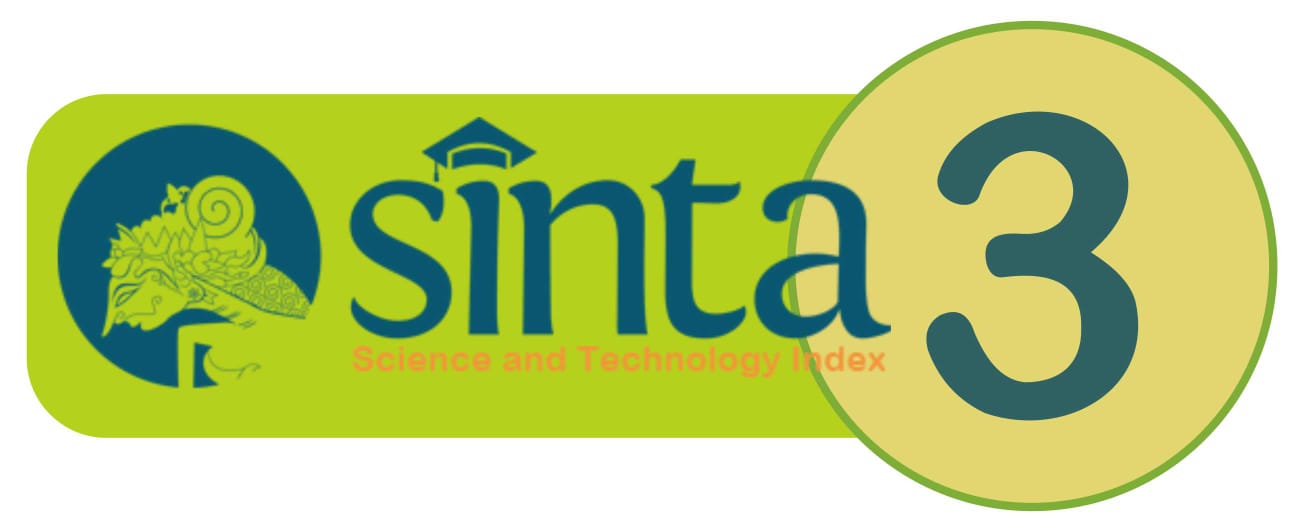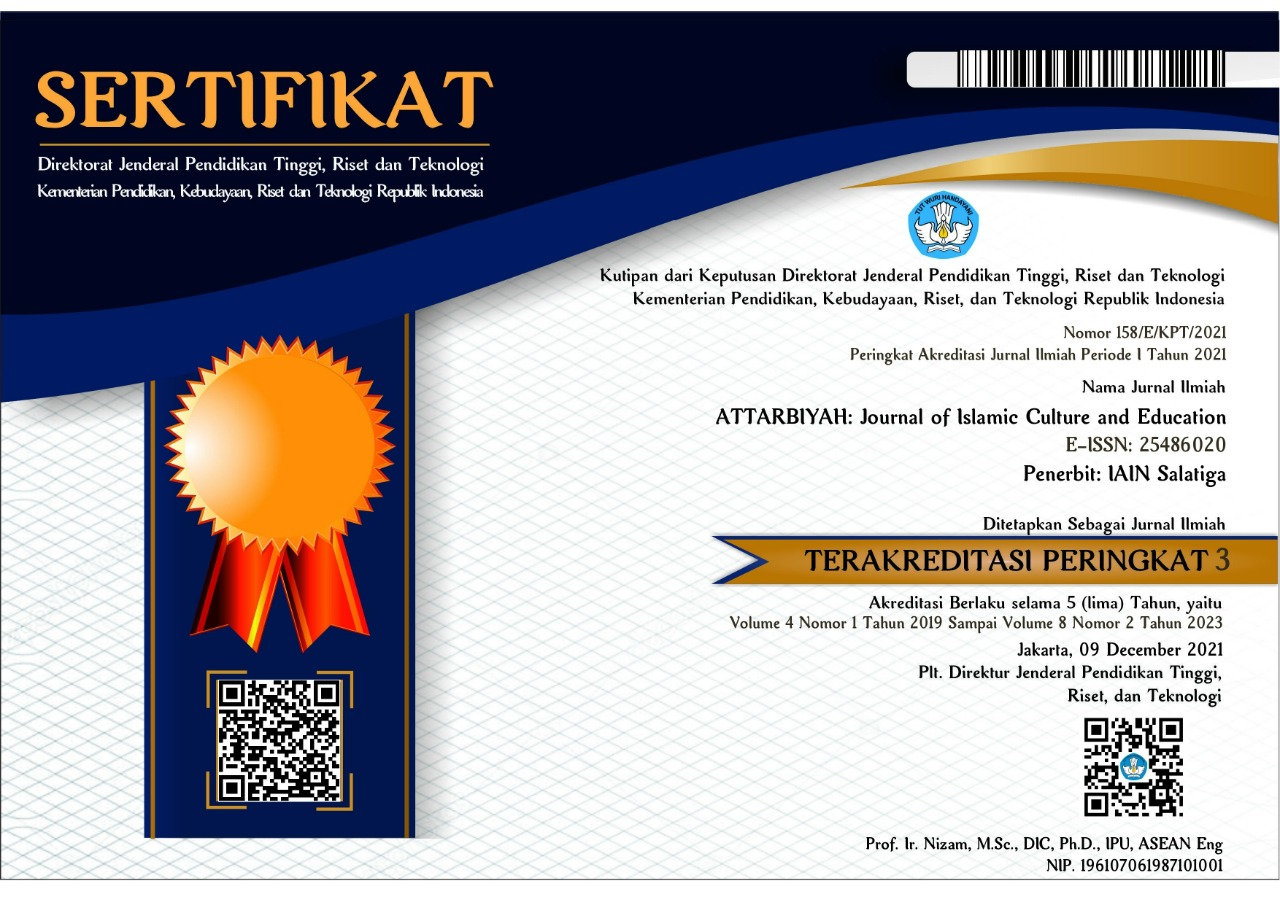Women, faith, and authority: Malama Zainab Ja'afar and the navigation of religious authority in Northern Nigeria
Abstract
This research examines female religious authority in northern Nigeria, with a specific emphasis on Malama Zainab Ja'afar Mahmood Adam. The research investigates how Malama Zainab negotiates her authority amidst controversies surrounding her public presence as a preacher and Qur'anic exegete within the male dominated Izala movement, a prominent reform movement with widespread influence throughout West Africa and beyond. Employing a qualitative approach, the study delves into Malama Zainab's background, social capital development, and association with Izala, utilizing both secondary sources and indepth interviews with her. The findings highlight Malama Zainab's efforts in bringing women to the forefront within mosque spaces and other gender-segregated settings, fostering their religious participation publicly. While her public activities primarily target female audiences, her preaching and proselytizing reach males through social media platforms, expanding her influence beyond traditional boundaries. Importantly, the findings also shed light on how the historical exclusion of women in socio-religious spaces in northern Nigeria is based on cultural and traditional interpretations rather than explicit religious prohibitions. Hence, the research contributes to the broader understanding of female religious authority, shedding light on the under-recognition of female scholars in comparison to their male counterparts in many Muslim-majority countries.
Keywords
Full Text:
PDFReferences
Alatas, I. F. (2021). What Is Religious Authority Cultivating Islamic Communities in Indonesia. In What Is Religious Authority? Princeton: Princeton University Press. https://doi.org/10.2307/j.ctv1b3qqfw.
Bano, M., & Kalmbach, H. (2012). Women, Leadership, and Mosques: Changes in Contemporary Islamic Authority. Leiden: Brill.
Chesworth, J. A., & Kogelmann, F. (2014). Sharıʿ̄ a in Africa Today. In Sharīʿa in Africa Today: Reactions and Responses. Leiden: Brill. https://doi.org/10.1163/9789004262126.
Ghafournia, N. (2022). Muslim Women's Religious Leadership: The Case of Australian Mosques. Religions, 13(6), 1–15. https://doi.org/10.3390
/rel13060534 .
Hasanuddin, M. I. (2018). Female Ulama: Mediating Religious Authority In A Limited 'Islamic' Public Sphere In Contemporary Indonesia. ISLAM REALITAS: Journal of Islamic & Social Studies, 4(2), 189–210. https://doi.org/10.30983/islam_realitas.v4i2.787.
Kister, M. J. (1994). Social and Religious Concepts of Authority in Islam. Jerusalem Studies in Arabic and Islam, 18(2452), 84–127.
Künkler, M., & Stewart, D. J. (2021). Female Religious Authority in Shi'i Islam: Past and Present. Edinburgh: Edinburgh University Press.
Metcalf, B. D. (2009). The transmission of learning. Islam in South Asia in Practice, 2, 187–189.
Muazu, R. (2022). “Why invite her here? Her voice is awra!”: vocal nudity debates and Muslim female preachers in northern Nigeria. Africa: Journal of the International African Institute, 92(3), 334–353. https://doi.org/10.1017/S0001972022000286.
Nasir, M. M. (2023). The Threads Of Piety: A Comparative Study Of Muhammadiyah And Izala Parallels. Unpublished.
Renne, E. P. (2012). Educating Muslim Women and the Izala Movement in Zaria City, Nigeria. Islamic Africa, 3(1), 55–86. https://doi.org/10.
/21540993030155.
Sounaye, A. (2011). “go find the second half of your faith with these women!” Women fashioning Islam in contemporary Niger. Muslim World, 101(3), 539–554. https://doi.org/10.1111/j.1478-1913.2011.01385.x.
Umar, M. S. (2001). Education and Islamic trends in Northern Nigeria: 1970s-1990s. Africa Today, 48(2), 126–150. https://doi.org/10.2979
/AFT.2001.48.2.126.
Upal, M. A., & Cusack, C. M. (2021). Handbook of Islamic Sects and Movements. In Handbook of Islamic Sects and Movements. Leiden: Brill. https://doi.org/10.1163/9789004435544.
DOI: https://doi.org/10.18326/attarbiyah.v8i2.107-122
Refbacks
- There are currently no refbacks.

ATTARBIYAH: Journal of Islamic Culture and Education by http://attarbiyah.iainsalatiga.ac.id/ is licensed under a Creative Commons Attribution-ShareAlike 4.0 International License
----------------------------------------------------------
ATTARBIYAH : Journal of Islamic Culture and Education IAIN SALATIGA p-ISSN: 0215-9996, e-ISSN: 2548-6020



